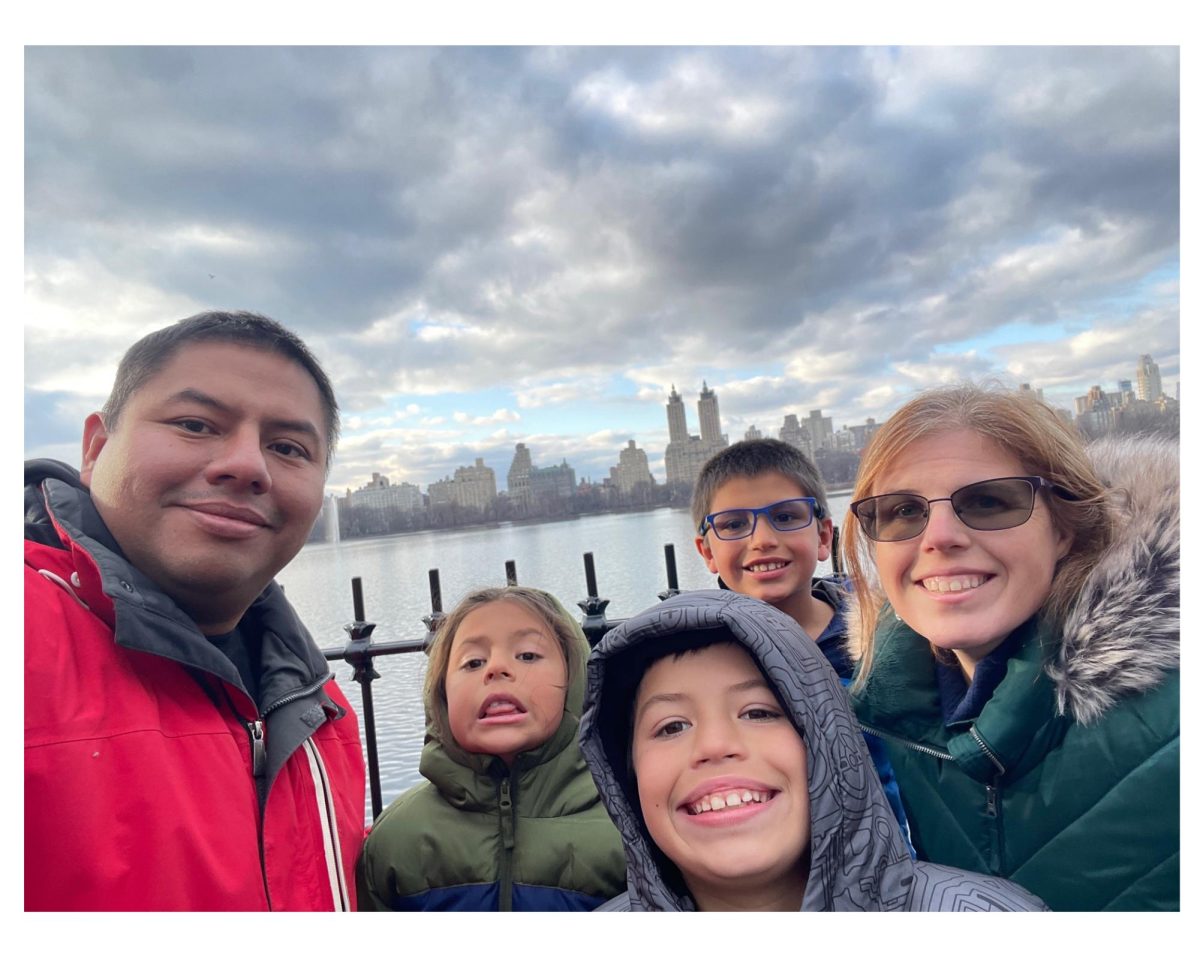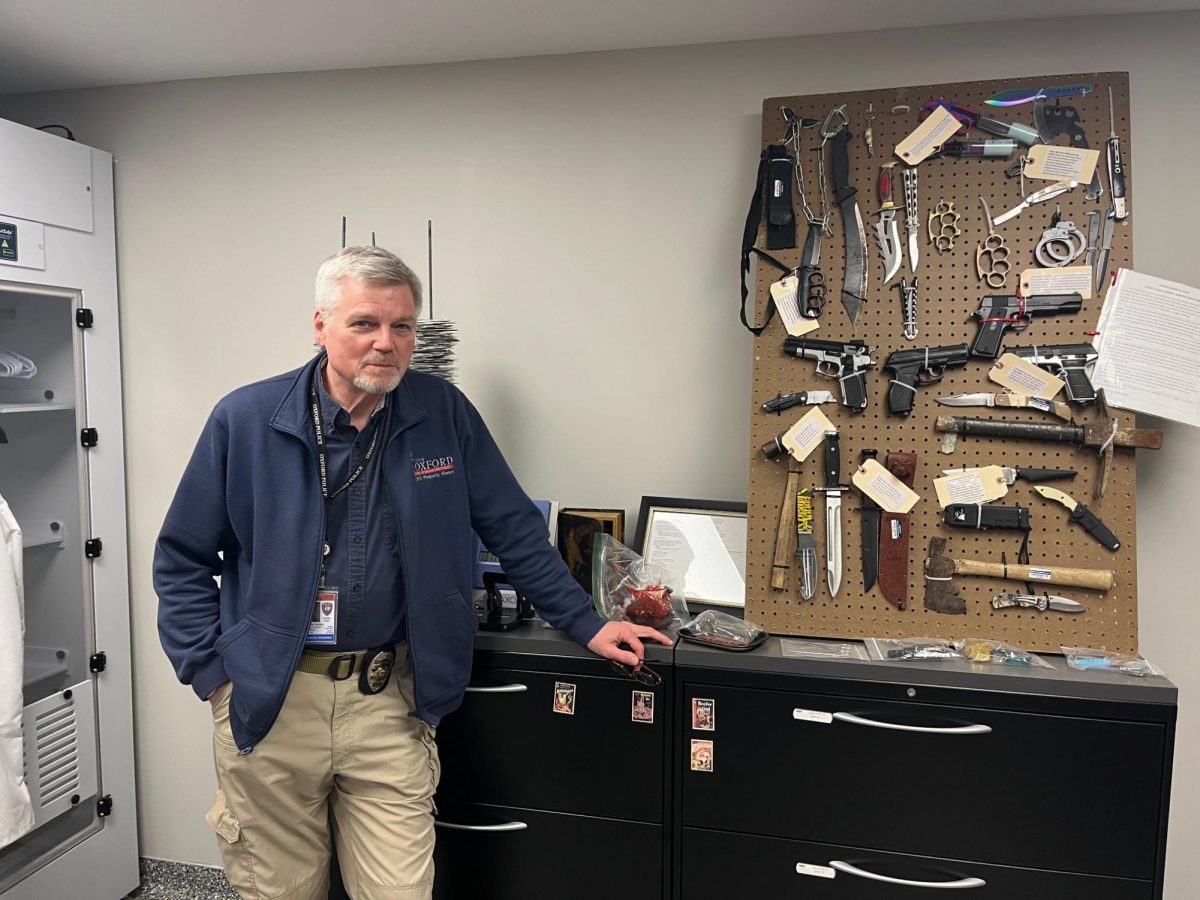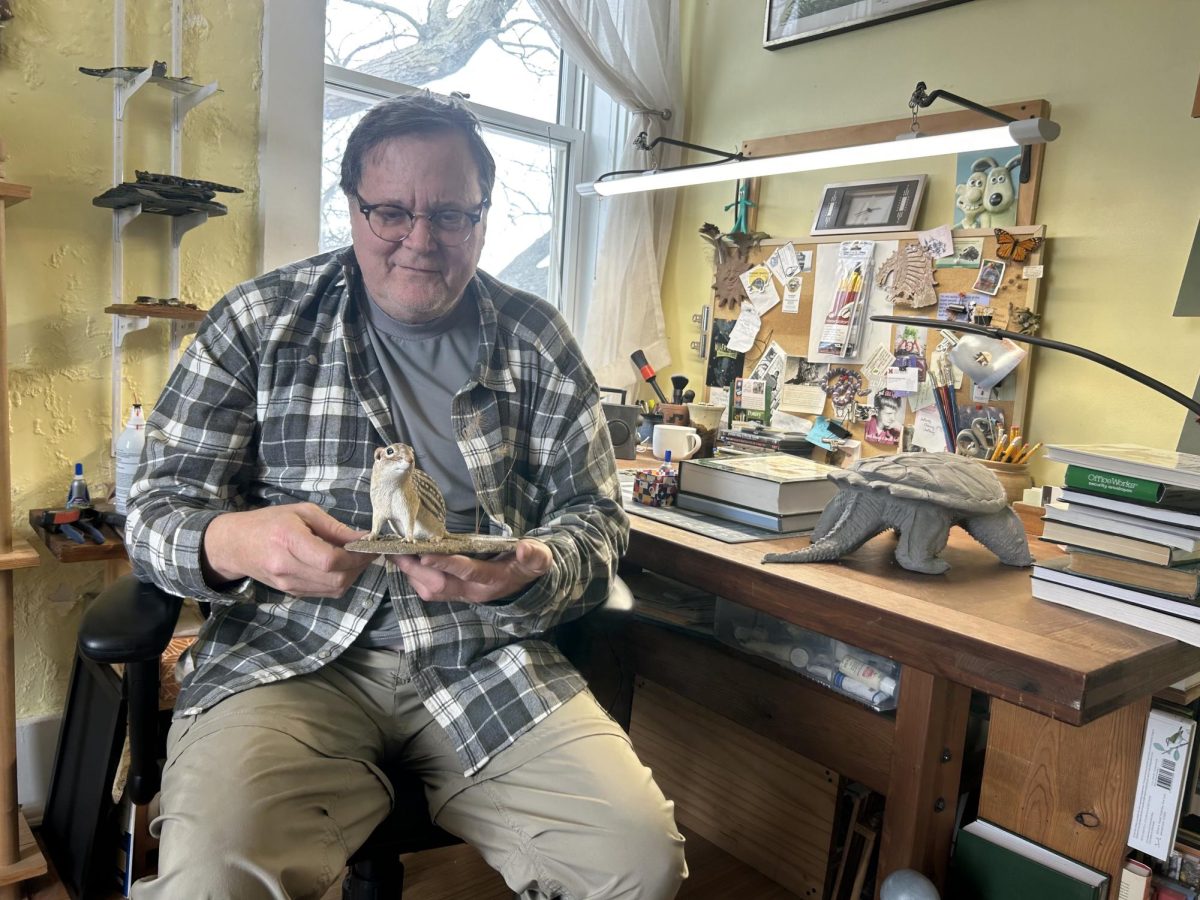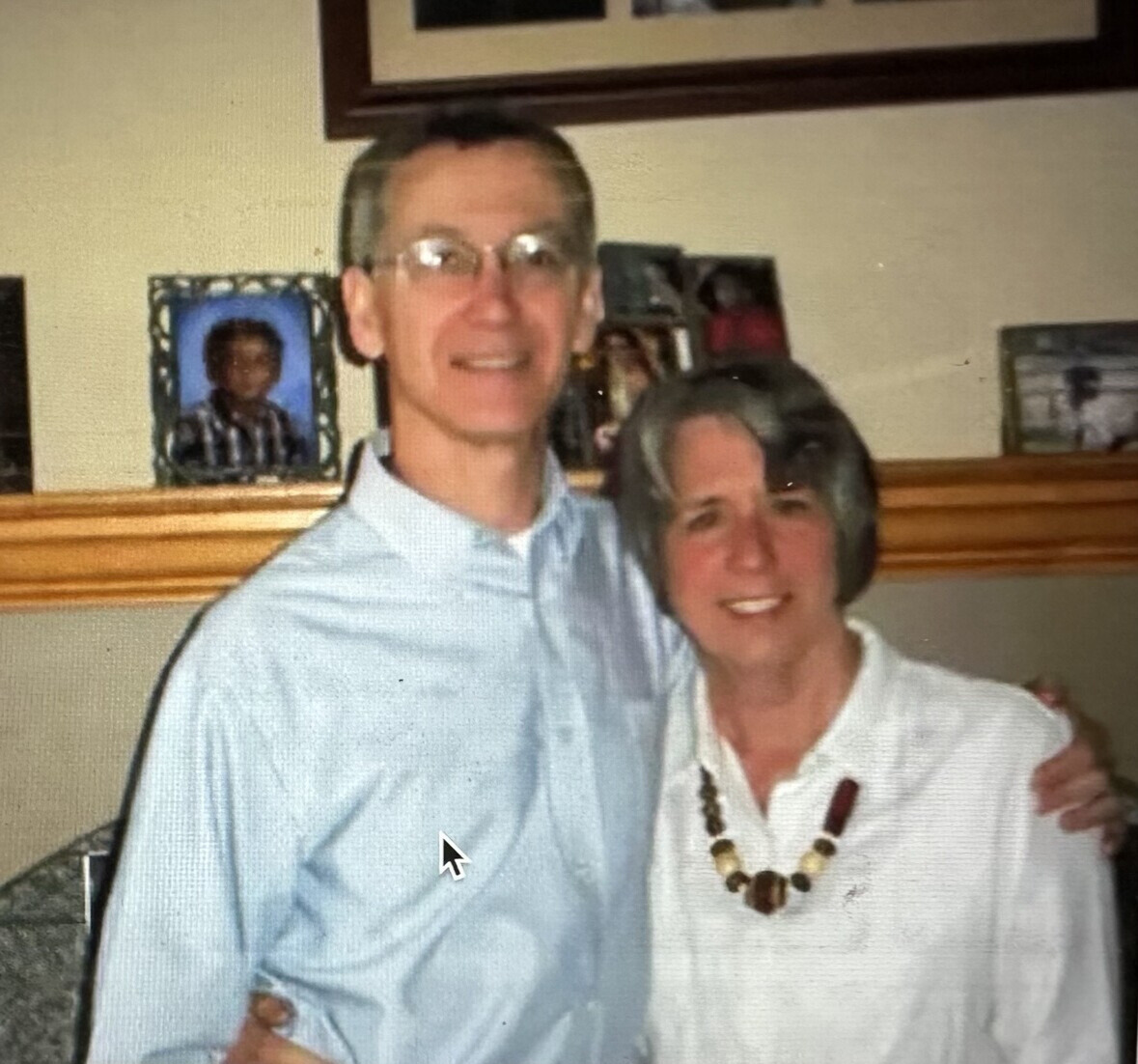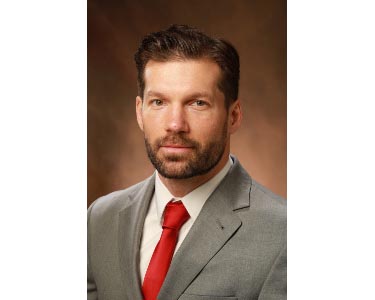He has tan skin, shiny black hair slicked to one side, a wide smile and a bounce in his step as he strides forward. His clothes are understated with a plain, black logoless T-shirt and dark wash jeans.
Paul Carhuatanta is a 43-year-old dad of three pre-teens living in Oxford. He works as a mechanical engineer designing conveyor belt parts for Trew. When he’s not working from home, he can be found at the Oxford Community Park coaching youth soccer or cooking Peruvian meals with his college sweetheart. For Carhuatanta, bringing a piece of his Peruvian culture to Southwest Ohio is crucial.
“I want my kids to identify themselves as Peruvian so they don’t lose that connection,“ Carhuatanta said.
This connection is important because his life in the U.S. may not have been possible just 100 years ago, Carhuatanta said.
This year marks the centennial of the Immigration Act of 1924. The act was the first piece of legislation, passed by Congress, that dictated who could immigrate to the U.S. based on ethnic origin.
The 1924 Act was intended to preserve the mostly Northern and Western European composition of the United States, Matthew Smith, a Miami University history professor, said. It was overturned in the 1960s, which allowed immigrants from Asian countries and other places to enter in larger numbers.
Carhuatanta, who was born in Lima, Peru, has acclimated to Ohio – but it wasn’t easy. He had to find help learning English and a trade, as well as find a sense of community.
In 1999, Carhuatanta and his family first arrived in Orlando. They had family in Cincinnati and decided to continue their journey further north. They arrived wearing shorts in January, surprised to find that Cincinnati was much more than an hour drive from Orlando, despite their proximity on their paper map.
“When I moved here, there were some positive reactions to us speaking Spanish, but the negative ones would ask why we weren’t speaking English,” Carhuatanta said. “I don’t want to stand out, but I want to make sure my kids understand culture and immigration.”
Smith, an immigrant from the United Kingdom, emphasizes that the U.S. is a country of immigrants. Most Americans are descended from immigrants or have friends and neighbors who are immigrants.
“Americans need to educate themselves that we are a nation of immigrants that is defined by citizenship, not race or ethnicity,” Smith said.
Though Smith and Carhuatanta had very different experiences immigrating to the U.S., both were surprised with the richness of the culture in Southwest Ohio. For Smith, making this new country his home meant bonding with his wife’s family and embracing aspects of Appalachian culture.
For Carhuatanta, finding community was more difficult: He had to learn English and navigate the bureaucracy.
“We had to learn how to apply for college, how to apply for scholarships and do everything on our own,” Carhuatanta said.
Carhuatanta’s parents hoped to get any job they could find while they hoped he would go to college and pave a better, stable future for himself.
Carhuatanta described the acclimation process as long and difficult.
“First it was like, OK, I cannot call my friends anymore because there were no phones … Then as time goes by and there is no internet, you don’t know what’s going on over there,” Carhuatanta said. Moving away from home to a new city with no connections was isolating, Carhuatanta said. The Peruvian community at the time was small and finding resources was difficult.
For many other local immigrants, this is one of the most pressing issues they face. Sheryl Rajbhandari, the founder of Heartfelt Tidbits, an organization that supports immigrants in the Cincinnati area, identified the lack of cohesion among support systems as one of the biggest issues for immigrants.
“People have to find organizations by accident and that leads to a huge gap because the time that they are trying to discover a support system could be a week to a year … This causes them to flounder as they try to acclimate to this life,” Rajbhandari said.
Carhuatanta experienced this uncertainty, and if it weren’t for a group of locals who saw his work ethic and guided him, his life could be very different.
“I would be cleaning toilets right now if there weren’t people who saw me and said come with me I’m going to teach you English, show you how to sign an immigration letter, how to drive and how to ask for a scholarship,” Carhuatanta said.
Seeing local immigrants as individuals first is one thing Carhuatanta wishes people would do in the future.
“I hope that in the future, people get scholarships based on their achievements and people are judged as citizens, not where they come from,” Carhuatanta said. “The more diversity there is, the more there will be a change in ideas to enrich our culture.”


